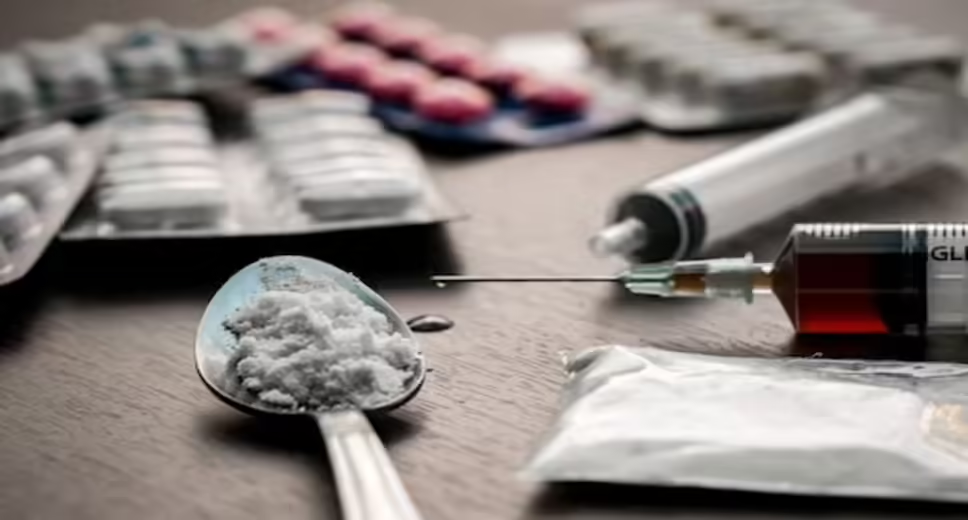Parliamentary Panel Urges Inclusion of Drug Awareness in School, College Curricula

A parliamentary committee has underscored the necessity of integrating modules focused on drug addiction, its ramifications, and de-addiction strategies within school and college curricula. In the case of college students, the committee has advised that through effective counseling and awareness initiatives, the nation aspires to cultivate a society that views drug abuse as a matter of public health rather than a flaw in character. This endeavor corresponds with broader endeavors to reinforce measures aimed at reducing drug demand and facilitating rehabilitation nationwide. These insights emerge from the report of the Parliamentary Standing Committee on "Drug Abuse Among Young Persons - Challenges and Solutions," which was presented in the Lok Sabha on Thursday.
The panel, chaired by Rama Devi, a member of the Lok Sabha from the BJP, has proposed that augmenting awareness can be achieved by incorporating chapters on drug addiction, its implications, and the process of overcoming it into educational curricula. The committee recommends ready access to proper counseling services for both school and college students. In response to the challenges of drug trafficking and substance misuse in India, the committee has put forth a comprehensive set of measures to address these issues. It has emphasized the urgent need for advanced technology and surveillance systems at ports, airports, and borders to curtail the inflow of drugs from countries like Ethiopia, Nigeria, Afghanistan, Nepal, Myanmar, and Pakistan.
To enhance collaboration and coordination among diverse stakeholders, the committee has stressed the significance of the Apex Committee of the Narcotics Coordination Centre, established by the Ministry of Home Affairs in 2016. The committee has underscored the need for regular meetings and assessments to ensure the efficient execution of responsibilities.
The Department of Social Justice and Empowerment conveyed to the panel that due to the Covid pandemic, some de-addiction centers witnessed a decline in the number of beneficiaries. Expressing concern over the widespread prevalence of drug usage among children aged 10-17 and adults aged 18-75 in various states, including Punjab, Haryana, Delhi, Uttar Pradesh, Odisha, and Maharashtra, the committee has emphasized the importance of preventive education, awareness campaigns, and counseling initiatives to effectively address this issue.
A comprehensive survey conducted by the National Drug Dependence Treatment Centres (NDDTC) in 2018 revealed startling statistics, estimating that over 37 crore adults in the age group of 18-75 were engaged in drug and alcohol consumption, as highlighted by the committee.
Responding to this alarming data, the committee noted the formulation of the National Action Plan for Drug Demand Reduction (NAPDDR) Scheme, which aims to enhance awareness, provide rehabilitation, and diminish drug demand. To effectively combat drug addiction, the committee has recommended periodic surveys by the NDDTC to remain updated on the drug abuse landscape and to formulate new or revised schemes for rehabilitation and demand reduction. The scope of the study should encompass an evaluation of the broader societal impact of drug abuse, the committee asserted.
Moreover, the committee has emphasized the crucial nature of promptly utilizing allocated funds for NAPDDR. It noted that budgetary allocations from previous years were not fully utilized, partly due to delays in approval and implementation. Therefore, the committee has urged the Department of Social Justice and Empowerment to expedite the allocation and effective utilization of funds to achieve the desired outcomes.
